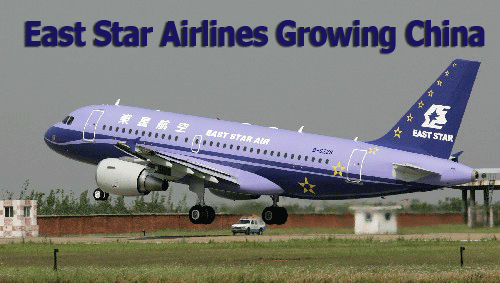 Now
that the American Senate has approved that $3 billion USD border
fence between USA and Mexico, some portions of which are being manufactured
in China, it’s worth noting that over $760 billion in trade
using surface transportation took place between the United States
and its North American Free Trade Agreement partners Canada and
Mexico in 2006, 8.9 percent higher than in 2005. Now
that the American Senate has approved that $3 billion USD border
fence between USA and Mexico, some portions of which are being manufactured
in China, it’s worth noting that over $760 billion in trade
using surface transportation took place between the United States
and its North American Free Trade Agreement partners Canada and
Mexico in 2006, 8.9 percent higher than in 2005.
Last year alone over 6.6 million trucks
and over 30 million personal vehicles crossed the U.S.-Canada border
and over 4.7 million trucks and over 88 million personal vehicles
crossed the U.S.-Mexico border.
Potential for disruptions at USA ports of
entry due to heightened security, increased traffic and increasingly
longer delays and border wait-times have created additional uncertainty
and volatility in moving cargo across these borders.
In some cases this has prompted industry
to move away from established best business practices, such as just-in-time
delivery, reducing the efficiency of the supply-chain.
An advocate organization called Border Trade
Alliance (BTA) thinks that there needs to be discussions between
USA government leaders who are tasked with securing borders and
business leaders who help bring economic security to America.
“What is the incentive for business
to voluntarily participate in these programs and submit to security
screening if we cannot provide the benefit of expedited passage
of cargo that helps with “just-in-time” delivery and
other competitive business practices,” BTA wonders.
“There are many well-intentioned
programs designed to secure the flow of goods passing through our
nation’s border, but are they working?
“Without the proper support, we are
fruitlessly sinking dollars into initiatives that, in the end, aren’t
being given the support they need to expedite secure freight and
allow our limited resources to focus on suspect cargo.
“The real question is what is the
adequate level of security for container integrity to ensure for
the physical and economic protection of trade and commerce while
focusing limited resources on the appropriate threats?”
More : www.thebta.org.
|
 East
Star Airlines, one of China's growing private airlines, had just signed
a Total Component Support (TCS) deal with Lufthansa Technik AG. East
Star Airlines, one of China's growing private airlines, had just signed
a Total Component Support (TCS) deal with Lufthansa Technik AG.
The contract will run for five years and is
worth over USD10 million.
Although East
Star commenced flying in May 2006 with three Airbus A319's, the carrier
has become the notable “new kid on the block,” by outperforming
other older, more entrenched Chinese private airlines.
The
airline declared a net profit of over USD145 million for its first
year operation.
In fact East Star together
with Spring Airlines, are atop all Chinese private airlines registering
gains last year.
Last month on September
13, 2007, East Star received its fifth A320 at its base facility,
middle China’s Wuhan International Airport.
Next
month (November), an additional A320 will join the carrier, with four
more to follow in rapid succession during the Beijing Olympic Year
of 2008.
All told ten aircraft either
in service or to be received have been leased from GE U.S., while
ten more airplanes that will join the East Star fleet have purchased
directly from Airbus.
Two months ago
in August 2007, the General Administration of Civil Aviation of China
(CAAC) gave the green light to Wuhan, East Star with approvals to
fly international routes, an exception to the three-year-operation
threshold to applying international flight regulated by Rule Number
59 by CAAC.
As the first private China
flag airline to fly internationally East Star says it will commence
Wuhan-Hong Kong/Macao by the end of this month (October), while flights
to other Asian destinations including possibly Japan and Korea are
in preparation.
 East
Star like Spring Airlines says it has received great support in filling
up its airplanes from its traveling agency business operations. East
Star like Spring Airlines says it has received great support in filling
up its airplanes from its traveling agency business operations.
However, Mr. Lan Shili, (left) owner of East
Star, told Air Cargo News/FlyingTypers:
“We
are different from Spring Airlines, as we are focused more on business
passengers than travelers brought by our traveling agency.
“East
Star has successfully marketed itself as a business traveler’s
airline.
“In fact our hope is a
future where 70 percent of our passengers are business passengers.
“East Star now has another aggressive
plan for its development, to be the first stock listed private airlines
of China. Although Mr. Lan did not reveal any specific plans, stay
tuned.
East Star is on its way.
David
|
|



